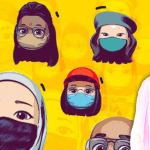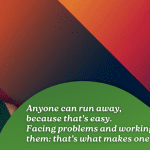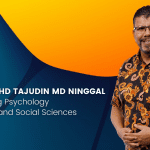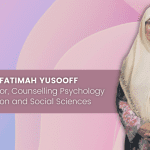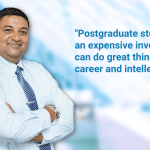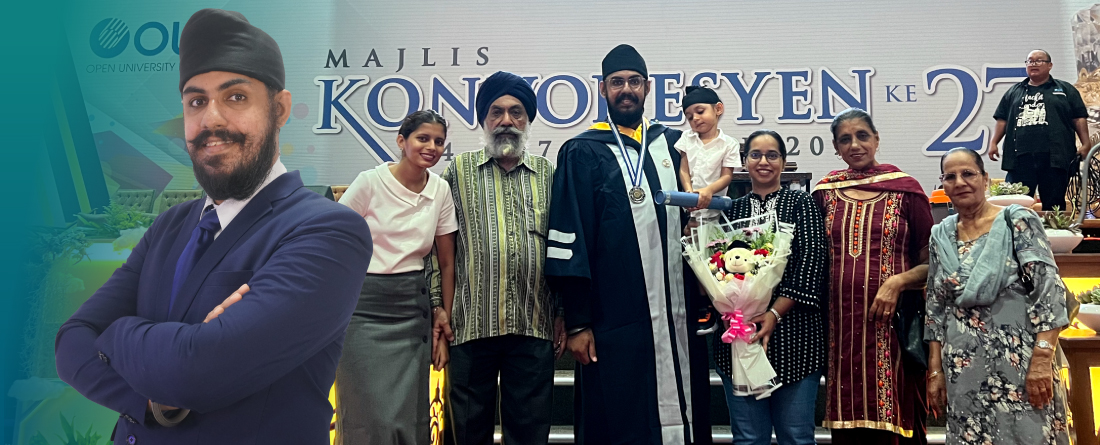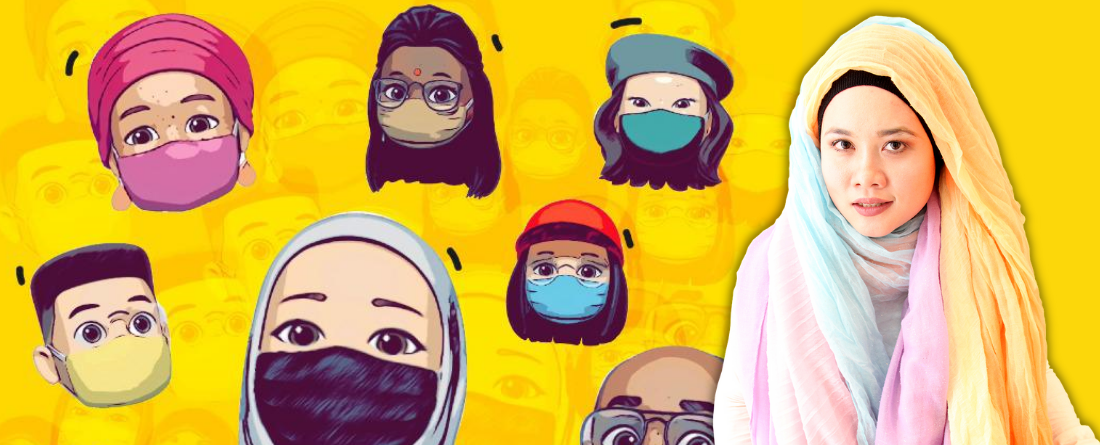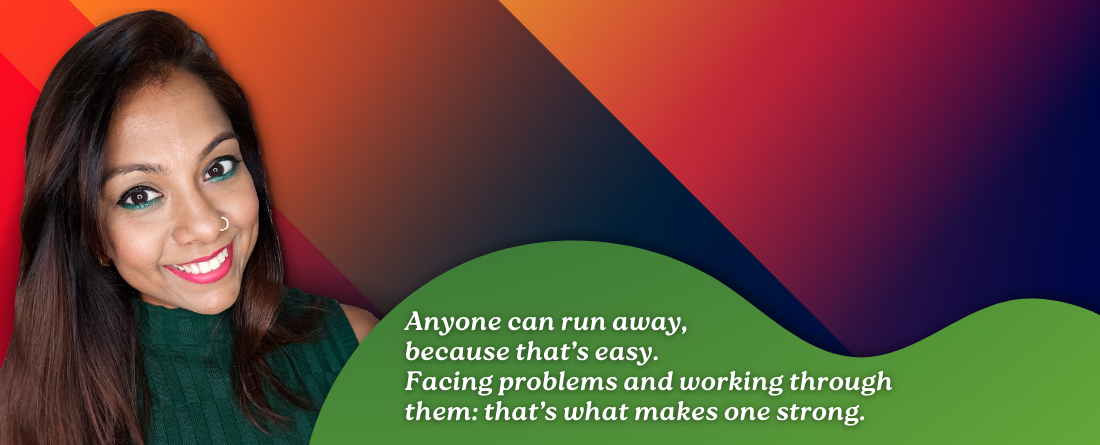Ishverjit Singh Chahal Parmjit Singh, 32, earned his Master of Counselling degree at the 27th Convocation last October, boasting a perfect CGPA of 4.00. We caught up with him to delve into his remarkable learning journey.
Q: Hi, Mr Ishverjit. Thank you for agreeing to be interviewed.
Ishverjit: My pleasure.
Q: Could you share what is your current position?
Ishverjit: I’m Head of Strategic Operations at Otti.
Q: What is Otti?
Ishverjit: Otti stands for Otak (Mind) and Hati (Heart). It’s a KL-based social enterprise which offers learning solutions for the digital era. We serve organisations and government bodies in developing digital leaders and talents. All learning solutions are based on Otti original frameworks for future-ready talents, designed with a human-centred approach and inspired by brain sciences.
Q: How do you offer the learning solutions?
Ishverjit: We have two types of training – a 2-day immersive in-person training featuring interactive workshops and real-world case studies and a 6-week part-time online training programme. Both types of training help participants to elevate their digital capabilities.
Q. That’s interesting! So, how did you become attracted to counselling?
Ishverjit: I wanted to make a difference and have a positive impact on people’s lives. Counselling is a career that fulfils the inner self. Just listening to people and knowing it will help them directly or indirectly gives me a sense of happiness and fulfilment.
I’ve been interested in psychology and human behaviour from young. My curiosity about the human mind, emotions, and behaviour strongly influenced my decision to pursue a career in counselling. I had also learned a lot about psychology and related subjects during my undergraduate psychology studies.
Q: So you had studied psychology for your first degree?
Ishverjit: Yes, I did the Bachelor of Psychology in 2014 and then I did a Master of Science in Economic Crime Management in 2017.
Q: What motivated you to pursue a master’s in counselling?
Ishverjit: Counselling is a profession that is in demand, as more people recognise the importance of mental health and seek professional help especially after the Covid-19 pandemic. Moreover, in order for me to become a licensed counsellor recognised by the Malaysian Board of Counsellors, I had to do a master in counselling. That would be the right way to start a counselling practice in Malaysia.
Q: How was your learning experience?
Ishverjit: My life has been significantly changed by my time at OUM. I learnt fresh concepts and viewpoints, undertook rigorous coursework, and was exposed to diverse cultures and ideas. My coursemates and I took part in thorough academic research, analysis, and critical thinking, all of which helped us get a deeper understanding of the subjects we were studying. Our lecturers served as guides while the library, labs, and digital resources became our allies. I experienced substantial self-growth, becoming more independent, confident, and adaptable.
Q: What was the formula for your success in your studies?
Ishverjit: I managed my time effectively by creating a schedule for my studies. I also took my time to reflect on what I learned and how it applied to real-life situations. This deepened my understanding of the materials. Additionally, I had peers with whom I often studied (Mr Teh, Rashid, Neethasha, Maria Christina, Ain, Kak Yun, and many others). We supported and motivated one another to complete the programme.
Q: How has the master’s benefited you thus far?
Ishverjit: I now have deeper understanding of human behaviour, psychology, and the counselling process. I can help individuals cope with life challenges, improve their mental health, and navigate personal issues. Additionally, my master’s has increased my career opportunities. If I wish, I can work as a licensed therapist or a school, career, marriage or family counsellor.
Q: What are you most proud of achieving during your time as our student?
Ishverjit: When I was doing my internship, all I cared about was successfully completing it. Despite that, I had a profound impact on individuals struggling with stress, anxiety, depression, and other mental health challenges. I could offer them support and guidance when they needed it most. I realised then that my education was not just about academic accomplishments but also about making a meaningful difference in the lives of others.
Q: Could you share 1 or 2 specific cases where you had an impact on others during your internship?
Ishverjit: Through 2 months of Reality Therapy, I helped a young woman separate from an aggressive boyfriend and reunite with her family. I also conducted Cognitive Behaviour Therapy for an undergraduate with anger and anxiety issues which affected communication with his lecturers and peers. He once harmed himself by punching a wall in a fit of rage. The therapy helped to improve his communication skills and boost his confidence.
Q: Overall, how was your experience of online learning?
Ishverjit: I enjoyed the freedom and flexibility it offered me as I could study in the evenings or weekends. Since I didn’t have to be on campus, I saved a lot of time travelling as the campus is far from my house and the traffic is bad.
Q: If you could go back in time and give yourself 1 piece of advice about your studies, what would it be?
Ishverjit: Enjoy the process of learning more! Don’t just focus on grades and certificates. It’s important to maintain your curiosity and never stop seeking out fresh perspectives. The joy of learning is a reward in itself.

